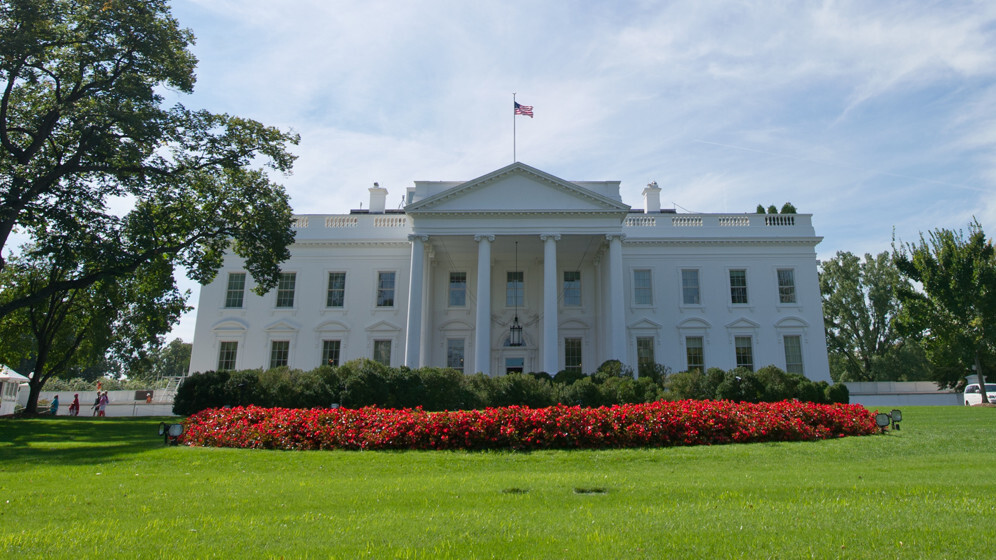
The White House has issued a veto threat (PDF) against the controversial Cyber Intelligence Sharing and Protection Act (CISPA) that is currently going through the House of Representatives, cautioning that the legislation needs to “carefully safeguard privacy and civil liberties.”
The Obama administration said in a statement:
The Administration recognizes and appreciates that the House Permanent Select Committee on Intelligence (HPSCI) adopted several amendments to H.R. 624 in an effort to incorporate the Administration’s important substantive concerns. However, the Administration still seeks additional improvements and if the bill, as currently crafted, were presented to the President, his senior advisors would recommend that he veto the bill.
CISPA co-sponsor Rep. Dutch Ruppersberger had stated earlier that he expected the White House to threaten a veto.
CISPA was cleared by the House Intelligence Committee last week and is expected to go to a full vote later this week. Efforts have been made to amend the act in order to make it less invasive of citizens’ privacy, though previous revisions have been met with opposition.
While CISPA is intended to make it easier for government agencies to share data and cooperate on cybersecurity incidents, the bill has drawn the criticism of privacy advocates. The Obama administration had already spoken out against the current version of CISPA.
The House actually passed a pre-amendment version of CISPA last year, but it stalled out in the Senate. Critics contend that the latest changes to the bill don’t adequately address their objections.
The ACLU, for instance, said last week:
We do not believe these changes have addressed some outstanding fundamental priorities.
If you’re interested in contacting your representative to voice your thoughts on CISPA, the EFF has created a tool for you to do so.
See also: CISPA: The rhetoric vs. the reality
Image credit: AFP / Getty Images
Get the TNW newsletter
Get the most important tech news in your inbox each week.




